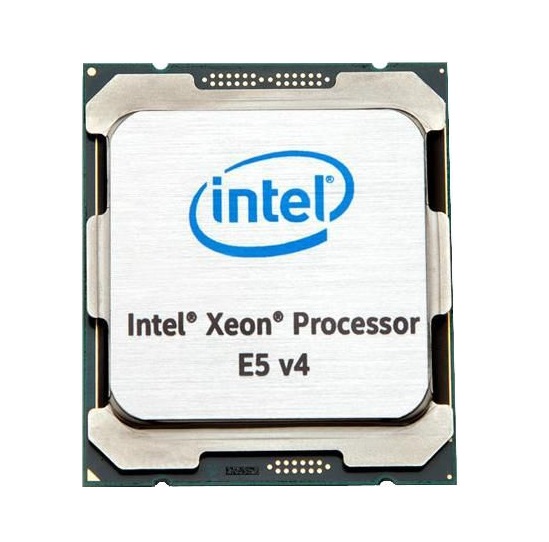CPUs and Processors
Welcome to our online store, where we offer a wide range of CPUs and processors for your computing needs. Whether you're building a new computer or upgrading your existing system, we have the right CPU or processor for you.
CPUs (Central Processing Units) and processors are the most important component of a computer system. They are responsible for executing all the commands and processing data. A good CPU or processor can make a significant difference in the performance of your computer, making it faster and more responsive.
Benefits:
High performance:A good CPU or processor can significantly improve the performance of your computer, making it faster and more responsive.
CPUs (Central Processing Units) and processors are the most important component of a computer system. They are responsible for executing all the commands and processing data. A good CPU or processor can make a significant difference in the performance of your computer, making it faster and more responsive.
A network hub is a networking device that connects multiple devices on a network, allowing them to communicate with each other. Hubs are essential components of local area networks (LANs), and they come in various types and configurations. In this article, we will discuss the benefits of network hubs, the different types of hubs available, and how to choose and maintain them. Network hubs allow multiple devices to connect to a network, providing increased connectivity and making it easy to share data and resources. Hubs are easy to install and configure, making them ideal for small businesses and home offices. Hubs are a cost-effective solution for connecting multiple devices to a network. Hubs are scalable, meaning they can be easily expanded to accommodate additional devices and users. Passive hubs are basic hubs that simply amplify and distribute network signals. They are typically used in small networks with fewer than eight devices. Active hubs are more advanced hubs that can regenerate signals, allowing them to extend network distances and support larger networks. Switching hubs are more advanced than active hubs and can filter and direct data packets to specific devices on the network. They are commonly used in larger networks with higher traffic volumes. When choosing a network hub, it's important to consider the specific needs and requirements of your network. For example, if you have a small network with only a few devices, a passive hub may be sufficient. However, if you have a larger network with more traffic, a switching hub may be a better choice. To maintain your network hub, regular maintenance is crucial. Here are some tips for Keep the hub free of dust and debris, cleaning it regularly with a soft, dry cloth. Ensure firmware and software are up-to-date to ensure compatibility with the latest security and performance updates. Test the hub regularly to ensure it is functioning properly. Secure access to the hub with strong passwords and encryption to protect against unauthorized access. Network hubs are essential components of local area networks, providing increased connectivity, easy installation, and cost-effectiveness. By understanding the benefits of network hubs, the different types of hubs available, and how to choose and maintain them, you can select the right hub for your needs and keep it running smoothly for years to come.Hubs
Benefits of Network Hubs:
Increased Connectivity:
Easy Installation:
Cost-Effective:
Scalability:
Types of Network Hubs:
Passive Hubs:
Active Hubs:
Switching Hubs:
Choosing and Maintaining Network Hubs:
Maintaining your network hub:
Conclusion:












